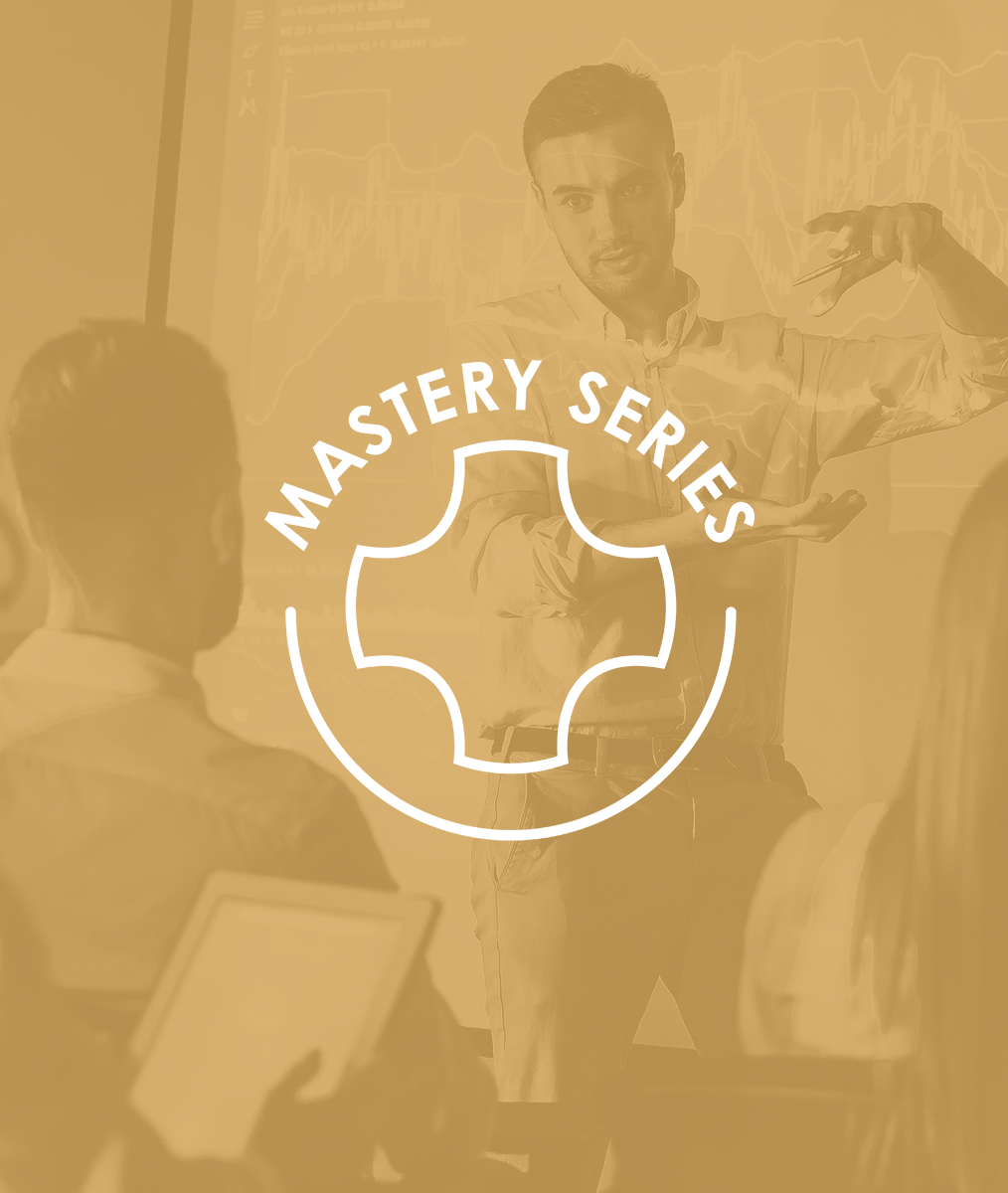My Journey in Dental Ethics – Inspiration
Excerpt from an essay first published in the Journal of the American College of Dentists, Fall 2011
The introduction to dental ethics and professionalism began very early in my dental career. Upon graduation from the University of Florida College of Dentistry in December of 1979, I was fortunate to receive a few awards and honors. One was a full scholarship to the L.D. Pankey Institute for Advanced Dental Education in Miami, Florida, to attend the institute’s beginning course, Continuum I. Pankey’s goal in offering scholarships to recent dental graduates had the intention of attempting to “catch them early” in their dental career and provide solid fundamental concepts of clinical dentistry and practice administration, as well as life and practice philosophy.
In the summer of 1980, only a few months out of dental school, I attended the institute for the first time. During my C-I week, my class and I were honored to listen to two presentations by Dr. L.D. Pankey. One of Dr. Pankey’s presentations concerned creating life balance as a dentist and the ethical practice of dentistry. In his lecture he offered his definition of what a professional, particularly one in the healthcare professions, should be.
Dr. Pankey’s definition of a professional was “an individual who possesses a specialized body of knowledge and skill, and who chooses to use that knowledge and skill for the benefit of another individual, prior to self-interest.” When Dr. Pankey said that the professional dentist “ought” to provide service to those they served prior to self-interest, he really hit me between the eyes. This challenge caused me more than ever to consider the reasons I had pursued a career in the profession of dentistry.
In my introspection, I had to admit that almost every reason I had for seeking a dental career had to do with my perception of what becoming a dentist could do for my family and me. Factors such as, personal income, community respect, self-esteem, and continual learning were the primary reasons I could identify for seeking a career in dentistry. Dr. Pankey’s definition forced me to look again at my intentions at their very core as to service to those individuals who chose to give me the greatest of all professional gifts: trust.
This experience was my introduction to dental ethics and professionalism. The principle of service “prior to self-interest” remained on my mind and heart during my daily interactions with my patients. Clinical decisions for my patients began to focus on the two ethical questions that must be answered in all clinical decision making: What should we do? and Why should we do it?
Related Course
Mastering Business Essentials
DATE: August 7 2025 @ 8:00 am - August 15 2025 @ 12:00 pmLocation: The Pankey Institute
CE HOURS: 22
Regular Tuition: $ 3295
Single Bed with Ensuite Bath: $ 345
The Blueprint for Running a Practice with Long-Term Growth Dr. Pankey’s original philosophy encouraged dental professionals to be proficient in 3 specific areas: technical mastery, behavioral excellence and business savvy….
Learn More>







